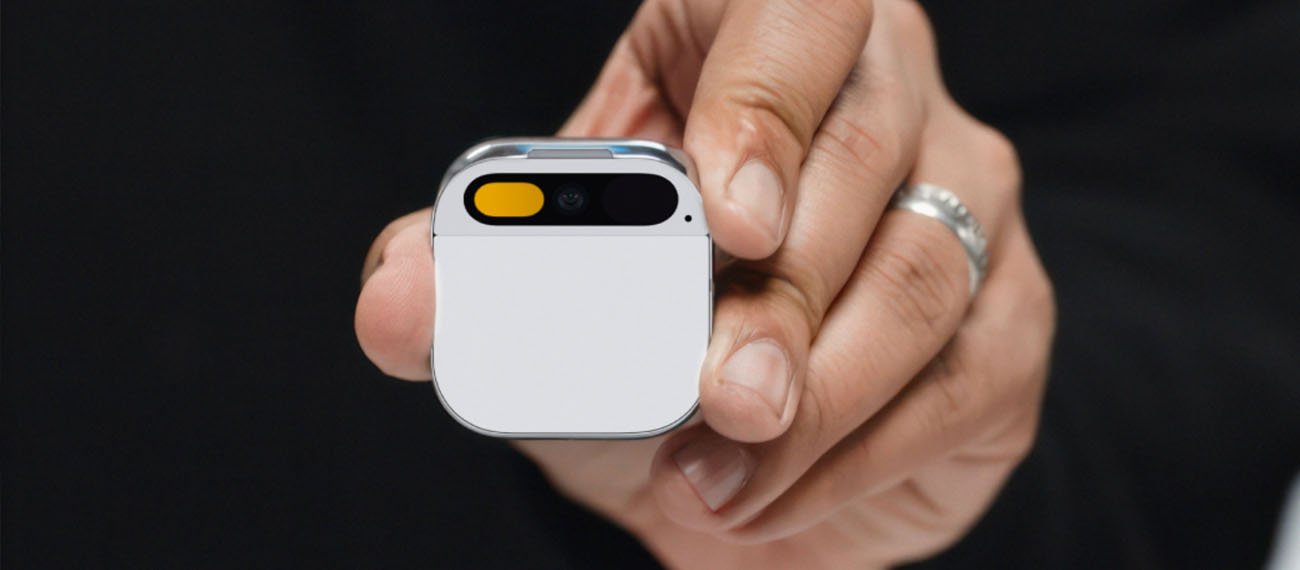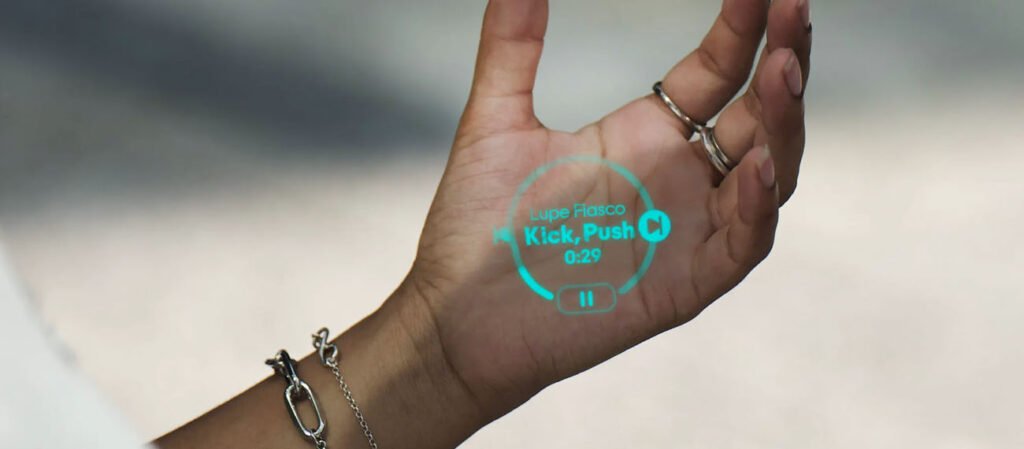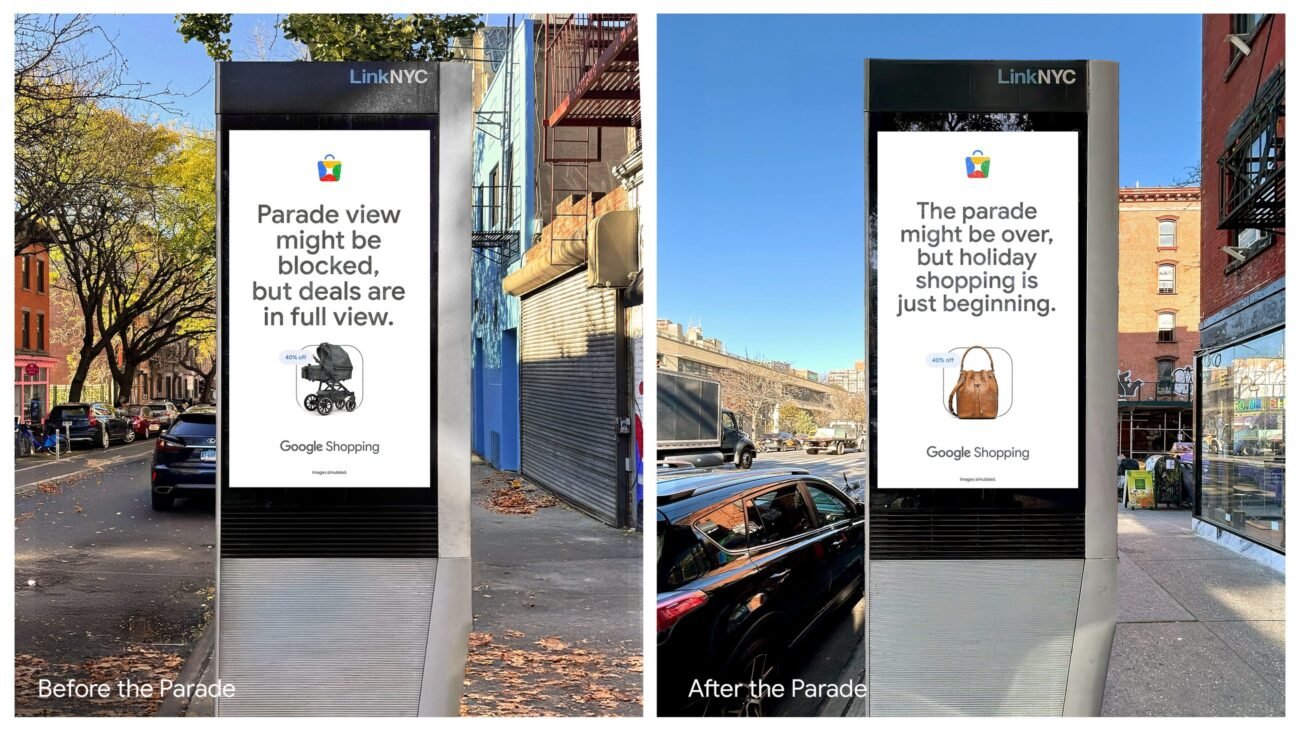Humane’s AI.PIN – A new wearable or a leap in how we use AI?
It can truely be said that 2023 was a year populated by AI. For years it's been sneaking around in the shadows, tracking our behaviour, optimising the things we didn’t even know were optimised. We've

It can truely be said that 2023 was a year populated by AI. For years it’s been sneaking around in the shadows, tracking our behaviour, optimising the things we didn’t even know were optimised. We’ve sort of known its been around, but we’re happy to ignore it. But in November 2022 with the launch of ChatGPT we started to see it smash its way out of the shadows.
Today, it would be difficult for us to get through the day without seeing or hearing something created or manipulated by AI or more accurately generative AI. The line between what is generated by humans versus an AI has become near impossible to differentiate (and no ChatGPT did not write this article). In April 2023 just to prove a point Photographer Boris Eldagsen’s entered his photograph “The Electrician” into the Sony World Photography Awards. It took first place, few days later Boris revealed that he wanted to break the system and his image was generated using Dali – E2.

So when you consider the primary devices we use today are defined by a pre-gone era (even our smartphones aren’t primarily used as phones anymore). It seems the perfect time for AI to play a role in disrupting the phone and wearables market. So is the new ai.pin that device?

Well the jury’s out… As an everyday wearable it looks like being a flop.
I love it’s intent, hu.ma.ne have designed it so we spend less time looking at our phones and smartwatches, but will people actually want to wear something on their chest that looks like they’re going to touch it and ask to be beamed up by Scotty at any second?
Victoria Song from the Verve gives a pretty damming review of it as a wearable and I can’t help but agree with her on everything about this device as a wearable. But I do think Humane have pitched this incorrectly.
A few years ago we hailed the arrival of voice assistants, Siri, google, Alexa (and the others), and although these have become better at listening and understanding they haven’t evolved with AI. For example, if Alexa hasn’t by now realised that I subscribe to Apple Music and I prefer to play my music through my Sonos speakers then surely it can’t be that smart. Every day I have to say “Alexa, play The Stone Roses from Apple Music on the Sonos”. This is because our current digital ecosystems rely on apps, plugin and skills, each can’t intrinsically be controlled by what is taking the command.
The genius behind what Humane have done is raise AI to the surface by using what they call Ambient AI. In Humane’s press release they talk about the removal of Apps and an AI OS and interface. For years my role has been to create experiences where interactivity is as transparent and effortless as possible, so this is where I get interested. And it seems I’m not alone.
Bill Gates believes “To do any task on a computer, you have to tell your device which app to use. You can use Microsoft Word and Google Docs to draft a business proposal, but they can’t help you send an email, share a selfie, analyze data, schedule a party, or buy movie tickets.”
“In the next five years, this will change completely. You won’t have to use different apps for different tasks. You’ll simply tell your device, in everyday language, what you want to do.”

If hu.ma.ne can deliver on their promise their AI Interface has limitless potential, the only thing holding it back would be its physical form.
We are at a great point to disrupt the smartphone and wearable categories, so will hu.ma.ne and the AI.PIN lead the way? In it’s current form it’s unlikely. But, they may force other players to look at how their products need to evolve with an AI first approach, and I for one will be watching on with interest.
 English
English




